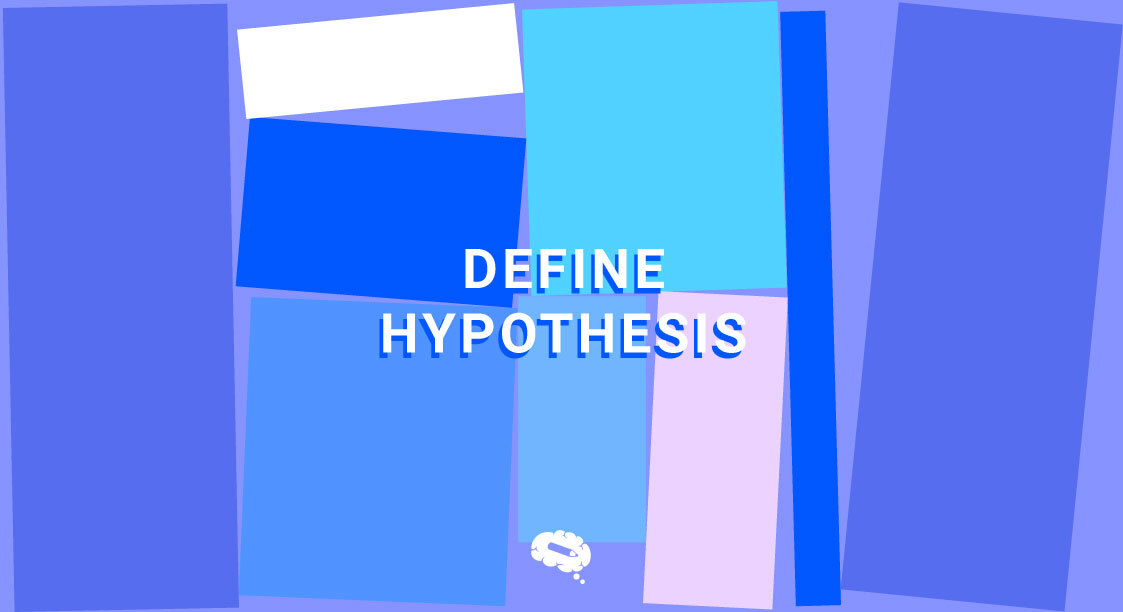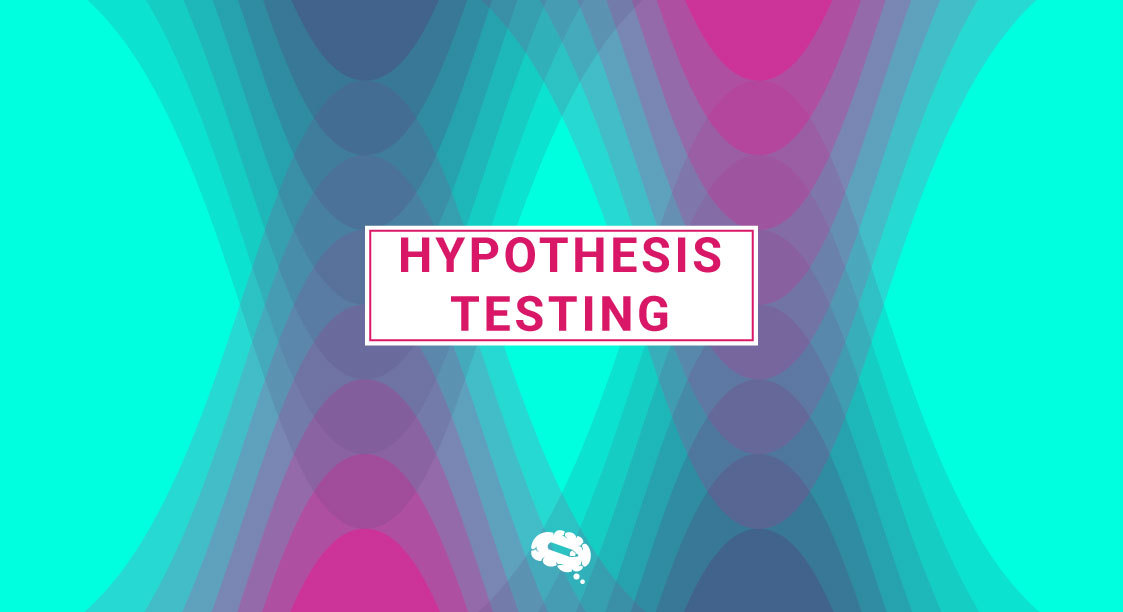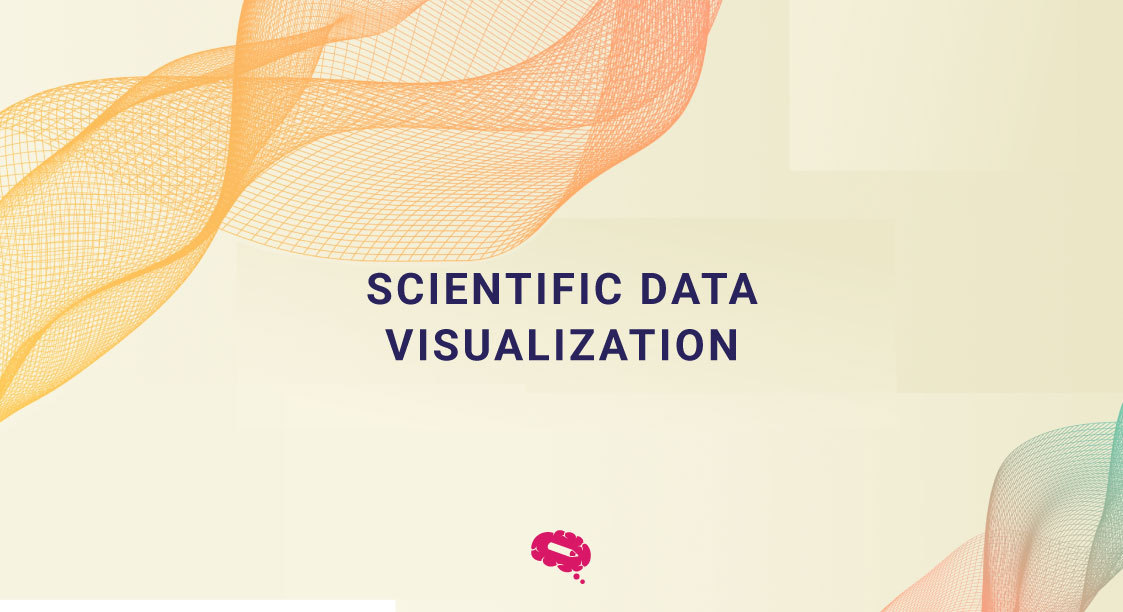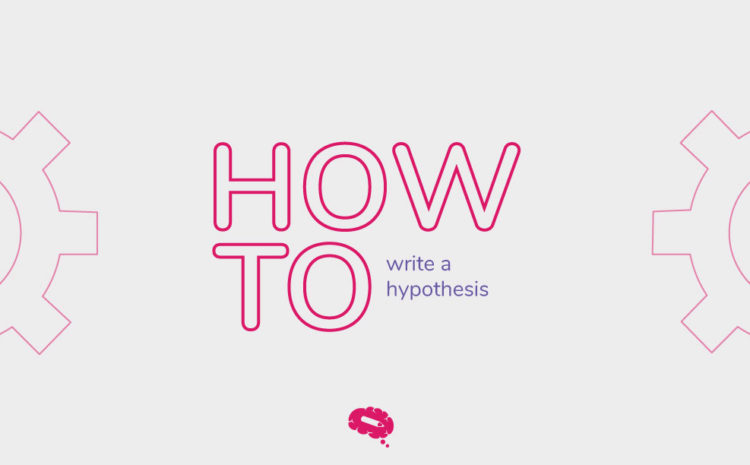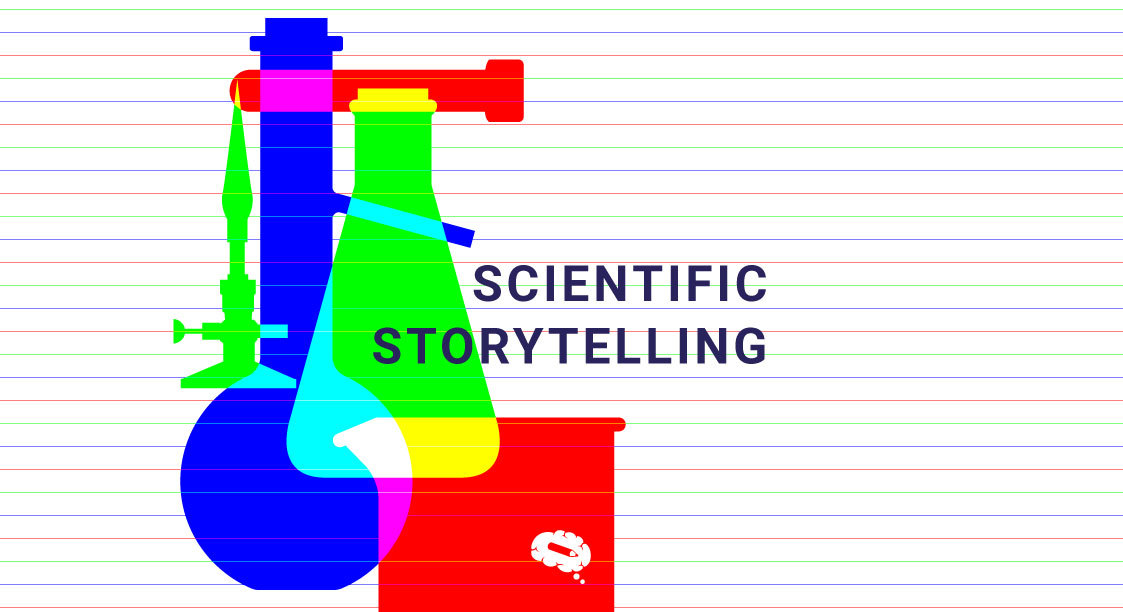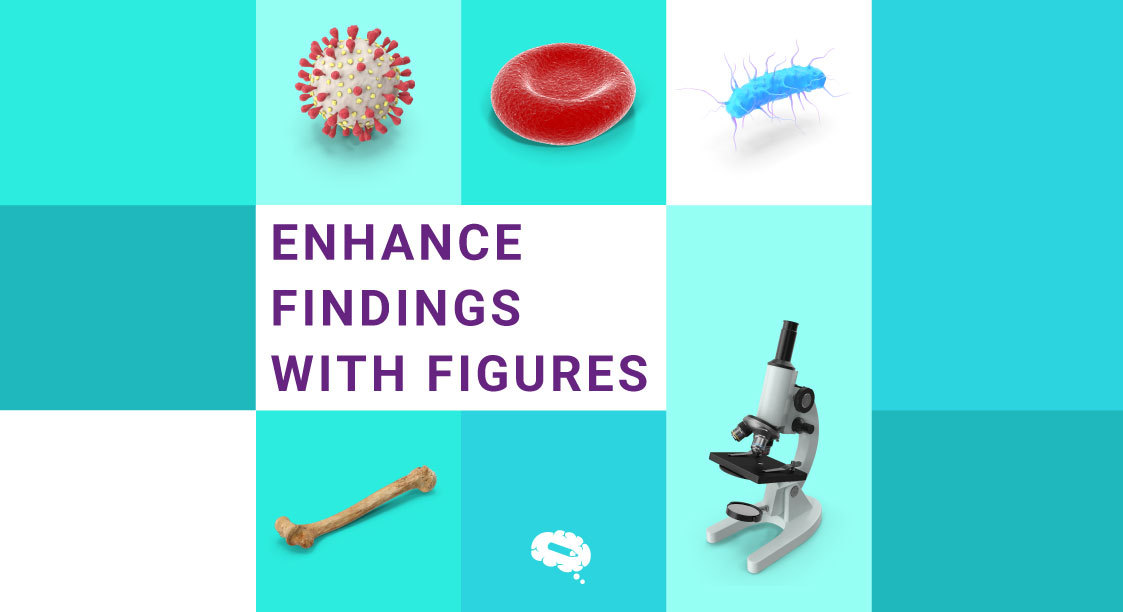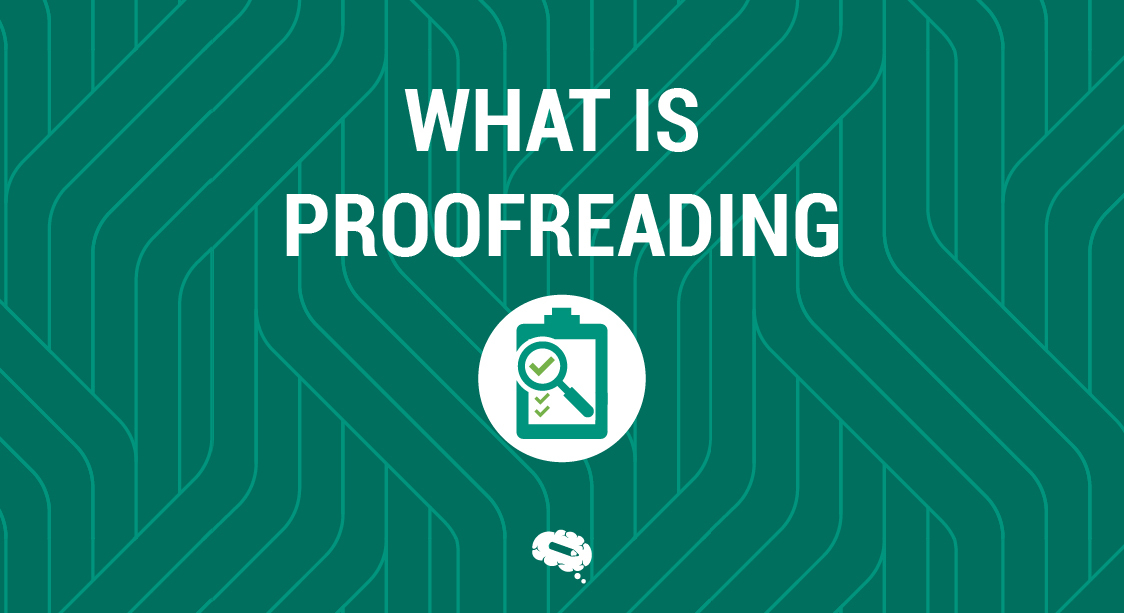Welcome to the world of research, where you’ll journey through a universe brimming with questions and curiosity. In this cosmos, a hypothesis is one celestial object you can’t miss! Today’s expedition invites you on board an exploration to ‘Define Hypothesis.’ Hop in; it wouldn’t be hyperbole to state we’re about to unlock the nucleus behind every ever scientific theory and inquiry!
Definition of Hypothesis
Introduction to The Concept of Hypothesis
Picture yourself as a detective solving a case. Right from inspecting clues, formulating potential theories on whodunit, putting these theories under rigorous tests until finally reaching that elusive conclusive evidence – exciting, isn’t it?
Now replace detective with researcher and voila – here comes our heavyweight term: Hypothesis. Much like how any plausible theory drives detectives’ investigations, scientific hypotheses are vital navigational compasses guiding researchers in their quest for scientific evolutions.
Explanation of What a Hypothesis Is in The Context of Research and Scientific Inquiry
A hypothesis – popularly known as an educated guess or predictive statement – represents an initial supposition or proposed explanation made on limited information but founded on validation-grounded knowledge. It forms the basis for preliminary exploration into a specific set of circumstances or natural phenomena beyond.
Formulated prior to conducting research, scientists employ hypotheses as testable conjectures to explain an observed behavior or event. Confused? Fret not. To put it simply and by example: “If I increase the frequency of watering my plants twice daily (instead of solely relying upon weather conditions), then they will grow faster.” Now that’s what we call an everyday-life hypothesis!
Remember, hypotheses are not wild guesses plucked out of thin air but rather preconceived assertions open to empirical verification. They mark the inception point for any scientific investigation and serve as cornerstones for further experiments.
Characteristics and Components of a Hypothesis
Key characteristics of a hypothesis
Before plunging into the deep end to define a hypothesis, let’s brush up on the features that contribute to effective hypotheses. For starters, a strong hypothesis is testable. This means it must be possible for empirical evidence to either support the word hypothesis or contradict it. The proposal should also be logically consistent and grounded firmly in existing knowledge.
Further down the line, another salient feature is specificity. Good hypotheses are not broad statements but instead focus on a specific aspect or phenomenon within the intended research field. Moreover, they are typically succinct and easily understandable ensuring information isn’t lost in translation among researchers.
Moreover, any well-structured hypothesis connects the independent and dependent variables together – typically, there’s at least one independent and one dependent variable involved. These elements form a relationship where changes instigated in the independent variable affect the values observed for the dependent variable.
Lastly but importantly, a solid hypothesis often carries potential implications for future research areas and can potentially lead to further tests and studies if verified.
Elements that make up a well-formulated hypothesis
Delving deeper into what shapes up a robust hypothesis, we realize that certain crucial components determine its effectiveness.
Firstly, every good hypothesis or test has clear variables which essentially refer to specific aspects of the study subject matter being measured or manipulated during research. These aspects are segregated as:
- Independent Variable (IV): This component relates directly to what you have control over in your study.
- Dependent Variable (DV): This component consists of outcomes affected by alterations made in IV
Next comes ‘Predicted Outcome’ – what you anticipate happening as repercussions due to modification of two or more variables under scrutiny.
The ‘Testability’ factor also holds veritable importance comprising experimental procedures capable enough to refute or accept your claims.
The last element circles the argument around presenting a capacity called ‘Relationship’ correlating IV with DV believed to either causing some effect or showcasing an association.
Hence, these prime facets further accentuate your endeavor to adequately define the hypothesis.
Importance and Purpose of a Hypothesis
Understanding the Role of a Hypothesis in Research
First, let’s delve into the overarching role that hypothesis plays within research scenarios. As we define the hypothesis, you should view this as an underlying pillar or guiding star for your investigation. A well-articulated hypothesis steers your exploration by providing clarity on what specifically you aim to examine.
A meaningful analogy would be considering a hypothesis as a compass during a voyage. If research is the vast ocean where confusing whirlpools of data and evidence abound, then it can guide us in our direction rather than letting us drift aimlessly. Furthermore, the formulation of a quality hypothesis inherently demands clarity about your objectives upfront – this essentially sets your research vessel on course bearing towards effective outcomes.
Exploring Why Formulating A Hypothesis is Crucial in Scientific Investigations
So why precisely is nurturing such a detailed forecast vital?
- Structural Advantage: By proposing potential answers to posed questions via hypotheses, researchers streamline their methods and techniques. The approach undertaken depends significantly on what the suggested outcome or phenomenon might be.
- Generate Preliminary Expectations: Even if they’re proven wrong, making observations and developing models based on hypotheses often lead to more interesting inquiries or turn up unexpected findings.
- Quantifiable Predictions: More than simple conjectures, strong hypotheses are testable; they propose results expressed in measurable terms.
In essence, remember that formulating hypotheses smoothes the path towards solid conclusions by being the architect’s blueprints of robust investigations. Never underestimate the forward thrust they provide for progress within scientific inquiry!
Types of Hypotheses
Once we understand to define a hypothesis, we’ll find that hypotheses come in several types. Different classifications of plural hypotheses depend on their formulations and the nature of predictions or assumptions they lead towards – simple, complex, directional, non-directional, null, associative and causal. Let’s explore some of these.
Simple Hypothesis: Definition and Examples
A simple hypothesis is a type of prediction or an educated guess that carries one independent variable and one dependent variable. In essence, it creates a relationship between two singular entities; for instance, ‘Exercise improves memory.’ This suggests that there’s an impact (of improvement) on the ‘memory’ (dependent variable) by ‘exercise’ (independent variable).
Complex Hypothesis: Definition and Examples
On the contrary to its name mate – a simple hypothesis – a complex hypothesis involves more than just two variables. It points out multiple variables and how they interlink with each other. The effects aren’t just limited to cause-and-effect but can be interactive or combined impact-dependent variables too – for instance,’Diet and exercise affect weight loss and heart health.’ Here, diet and exercise are your independent factors influencing multifold aspects like weight loss (a dependent variable) alongside heart health(another dependent variable).
Directional Hypothesis: Definition and Examples
One might argue that the path laid by a directional hypothesis is less twisted as it predicts the directionality of an effect – whether one variable will increase or decrease another variable. An example here could be “Cutting down on alcohol will reduce liver disorders.” Here a reduction in ‘drinking alcohol’ implicitly identifies fewer occurrences of ‘liver disorders.’
Non-directional Hypothesis: Definition and Examples
Sometimes science requires open-ended answers; henceforth comes into play our non-directional hypothesis which merely stipulates that there’s going to be an impact without specifying its course – good, bad or otherwise. For example, “Exposure to secondhand smoke influences lung health.” It infers that there’s an effect on ‘lung health’ due to ‘secondhand smoke,’ without indicating if it’s an improvement or deterioration.
Null Hypothesis: Definition and Examples
The null hypothesis, often symbolized as H0, makes things pretty straight with assumptions; basically, it purports no existence of a relationship between the variables. Researchers utilize this hypothesis chiefly for statistical testing. In lay terms – “Smoking is not linked to lung cancer.” Here a nonexistence of association is suggested between ‘smoking’ and ‘lung cancer.’
Associative and Causal Hypothesis: Explanation and Examples
Now leaving the train station named Null-ville we enter into quite associative terrain where the associative hypothesis foretells ‘relationships’ but are shy when it comes to cause-effects. An instance could be “Students scoring high also tend to play chess.” These fellows here don’t claim that playing chess outrightly shoots up scores yet suggests a specific pattern.
On another spectrum brightful cause-effect claims jump in bravely shouting out not just relationships but boldly stating their causes too – “Consumption of fast food leads to obesity” is being so certain about fast food consumption (cause) escalating obesity levels(effect).
Navigating through these alternative hypotheses and variants allows us to step into researchers’ shoes better while also helps defining complex constructions bit by bit, making them simple outcomes anyone can interpret.
Developing and Testing a Hypothesis
In the world of research, it’s not uncommon to hear someone say “Let’s define hypothesis!” This term may seem complex at first glance, but its essence falls within our natural instinct to question and learn. To give structure to this innate curiosity, we form hypotheses and navigate through the rigorous process of testing them.
Process of Formulating a Hypothesis
Forming an effective hypothesis is both an art and a science. It involves finding a perfect blend between creativity and logical reasoning. Here are some simple yet essential steps you’d want to follow:
- Identify Your Research Question – The first step towards formulating a hypothesis is defining your research question based on preliminary observations or literature review.
- Conduct Thorough Literature Review – Once your question is in place, an extensive read about what has already been studied can help refine it further.
- Create Tentative Explanation – Develop a preliminary answer based on your knowledge and understanding which will serve as your tentative explanation or hypothesis.
- Refine Your Hypothesis: Refine this initial guess considering available resources for empirical testing, ethical implications, and potential outcomes.
Remember that the key is formation clarity in statement-making; overly complex language might obscure rather than clarify your central idea.
Importance of Testing a Hypothesis Through Empirical Research Methods

Testing a hypothesis isn’t simply about proving it right or wrong; it’s much more refined than that – it’s about validation and advancement of human knowledge. By applying empirical methods such as observation or experimentation, logic meets practice in real-world scenarios.
These hands-on approaches afford us precious insights into how our theories hold up under scrutiny outside the confines of abstract thought alone.
- Validity Confirmation: Empirical testing helps confirm if our predictions were correct or not, providing validation for our presumptions.
- Understanding Relationships: Testing allows us to assess the relational dynamics between variables under investigation.
- Promotes Scientific Inquiry: Empirical testing encourages a systematic and objective approach to understanding phenomena, which lies at the heart of scientific inquiry.
Consider this: hypotheses are our best-educated guesses – smart hunches rooted in what we know so far. To move beyond guessing and into knowledgeable assertion, we define hypothesis structure as one that can be empirically tested. Only then do we truly start to shape our understanding with any level of certainty.
Examples of Hypotheses in Different Fields
Indeed, it’s fundamental to understand that hypotheses are not confined to a single discipline but span across numerous fields. To better illuminate this, let’s delve into various examples.
Examples of Hypotheses in Scientific Research Studies
In the realm of scientific research studies, hypotheses play a pivotal role in shaping the basis for investigations research hypotheses and experiments. Let’s consider an elementary example: studying plant growth. A researcher might formulate the hypothesis – “If a specific type of fertilizer is used, then plants will grow more rapidly.” This hypothesis aims to validate or refute the assumption that given fertilizer perceptibly affects plant growth rate.
Another common example arises from investigating causal relationships between physical activity and heart health. The scientist may hypothesize that “Regular aerobic exercise decreases the risk of heart disease.”
Examples of Hypotheses in Social Sciences
When we transition towards social sciences, which deals with human behavior and its relation to societal constructs, our formative definitions undergo a change as well.
Imagine researchers examining how socioeconomic status influences educational attainment rates. They could pose a hypothesis saying, “High socioeconomic status positively correlates with higher levels of formal education.” This hypothesis attempts to tie economic background directly to education outcomes.
The correlation between gender diversity within workplace teams and improved business performance presents another illustration. A possible hypothesis could be – “Teams comprising diverse genders exhibit superior business performance than homogenous teams.”
Examples of Hypotheses in Psychology
Within psychology – the study dedicated to how individuals think, feel, and behave; clearly stated hypotheses serve as essential stepping stones for meaningful findings and insights.
Take, for instance, predicting performance under pressure: psychologists may propose an assumption like – “Stress triggers increased errors on complex tasks”. Or when researching cognitive development in children – they may hypothesize – “Language acquisition accelerates once children start attending school”.
Examples of Hypotheses in Medical Research
Lastly but importantly, in medical research, well-articulated hypotheses help probe pressing healthcare questions and identify effective treatments.
For instance: “Patients receiving chemotherapy experience significant weight loss”. Or regarding disease transmission during pandemics – they might propose “Regular hand sanitation reduces the risk of COVID-19 infection.”
In conclusion, these examples hopefully underline the importance and versatility of a hypothesis in scientific inquiry. Irrespective of its utilization within various research fields, a scientific hypothesis still essentially remains an educated assumption that offers direction and purpose to the investigation. Interestingly enough, each study’s defined hypothesis sets forth a path leading towards a better comprehension of our world and life within it.
Common Mistakes to Avoid when Formulating a Hypothesis
Identifying errors that researchers often make when developing a hypothesis
Many researchers, especially those new in the field, may sometimes falter while crafting their hypotheses. Here are some frequently observed mistakes:
- Framing Vague Hypotheses: Clarity is vital when defining your hypothesis. A common pitfall involves creating an ambiguous statement which leaves room for multiple interpretations. This hinders precise data collection and analysis.
- Formulating Unfalsifiable Hypotheses: These are statements that cannot be proven false because they don’t connect to observable or measurable variables.
- Targeting Unachievable Results: Often, there is an inclination to develop complex hypotheses expecting groundbreaking findings. However, it’s crucial to limit the scope according to practical constraints and possibilities.
- Ignoring Null Hypothesis: The null hypothesis provides a means of contradiction to the alternative hypothesis being tested, making it essential for any research study.
Tips for avoiding these mistakes
After identifying the commonly made errors when forming a hypothesis, let’s now consider some proactive measures you can adopt:
- Crystallize Your Thoughts: Before you articulate your hypothesis, refine and clarify your ideas first. Define the parameters of your study clearly and ensure your proposition directly aligns with them.
- Keep It Simple: Stick with simplicity as much as possible in describing expected relationships or patterns in your research subject area. Remember: A simpler hypothesis often leads to effective testing.
- Embrace Falsifiability. To avoid making unfalsifiable claims, learn how to craft ‘If – Then’ statements articulately in your define hypothesis process.
- Remember the Null Hypothesis: Always formulate and account for a null hypothesis—a statement that negates the relationship between variables—for robust results validation.
In truth, it takes practice to strike the right balance and formulate a solid, practical hypothesis for your research. With these tips in mind, you’re better equipped to avoid common pitfalls that can compromise the quality of your investigation as they guide your approach when you define hypotheses.
Evaluating and Refining a Hypothesis
Laying out a hypothesis is merely the first stage of an intricate journey. Testing and refining this conjecture is equally pivotal in perfecting your next scientific method of undertaking. This pathway comprises evaluation for validity, and relevance, followed by refinement through research findings.
Methods for Assessing the Validity and Relevance of a Hypothesis
To define a hypothesis of meticulosity, we need to subject it to rigorous scrutiny. Utilizing statistical tests enables you to judge the validity of your hypothesis. Here’s a brief look at some key methods that can assist in assessing your theory:
- Empirical Testing: Conduct experiments or surveys as per the requirements of your study.
- Consistency Check: The hypothesis should remain consistent with other established theories and laws within its field.
- Falsifiability principle: Proposed by Karl Popper, a valid hypothesis must be capable of being proven wrong.
Let me reemphasize here, that relevance plays an integral part too especially when defining hypotheses linked with pragmatics like social sciences or business studies.
A relevant hypothesis will hold significance to not just existing knowledge but also pave the way for future work within the particular area of expertise. It should address gaps in current scientific theories while shedding light on possible solutions.
Ways to Refine and Modify a Hypothesis Based on Research Findings
Our job doesn’t end up on developing an initial proposition; it’s crucial to use findings from our research to refine that preliminary conception further. This essential process breathes life into what was once purely speculative.
While refining your conjecture can sound daunting initially, I assure you it’s nothing more complicated than diagnosing any missing links between your original theory and novel evidence you’ve discovered along this research journey.
If H0 (null hypothesis) contradicts your empirical results, then getting back onto the drafting board becomes necessary for crafting H1 (alternative hypothesis). This scientific cycle of formulating, testing then reformulating the hypotheses can continue till we eventually reach statistically significant results.
Remember, it’s important to be open-minded and responsive towards indications from your research findings. They will guide you intuitively in tweaking your working hypothesis in sync with your target goals.
Hence we must embrace this intricate art of defining a hypothesis while simultaneously embracing its dynamic nature which requires periodic refinement based upon insightful feedback from meticulous research.
Conclusion
Summarizing the Key Points About the Definition and Characteristics of a Hypothesis
Having delved into the concept extensively, we can confidently define a hypothesis as an informed and testable guess or prediction that acts as a guiding light in research studies and scientific investigations. When formulated correctly, it comprises two essential elements: clarity and specificity. It should be free from ambiguity, allowing other researchers to easily understand its proposed idea and the direction the study is heading.
In addition, a robust hypothesis exhibits predictability. As a researcher, you’re not only stating what you think will happen but also defining the variables in your experiment – your assumption confines your investigation’s parameters to make it manageable. Lastly, remember that any meaningful hypothesis must be verifiable — capable of being supported or refuted through data collection and analysis.
Reiterating the Importance of Hypotheses in Scientific Inquiry and Research
This discourse wouldn’t be complete without reaffirming how indispensable hypotheses are within scientific explorations and research inquiries. A conceptualized hypothesis serves as a foundational block upon which every aspect of a research project is built. It directs your observations along assumed patterns, thereby saving time during investigations.
We also need to note that formulating hypotheses promotes critical thinking skills among researchers because they require logical reasoning backed by empirical evidence rather than just empty conjectures.
Henceforth, whether you’re treading through unchartered waters of complex scientific endeavors or conducting social science research with less strict rules for predictions – keeping these insights on “define hypothesis” at hand would surely enhance your journey towards revealing valuable truths.
In essence, cultivating a comprehensive understanding of what constitutes a well-formed hypothesis not only lends credibility to our investigative ventures but also enables us to bring precision, focus, and relevance to our chosen field of exploration. The power lies in its simplistic yet profound ability to guide us from uncertainty towards concrete evidential findings – truly embodying scientific inquiry’s spirit!
Unlock the Power of Visualization with Mind the Graph: Elevate Your Hypothesis to New Heights
As a scientist, your hypothesis is the cornerstone of your research journey. But what if you could take it beyond mere words and equations, and transform it into a visual masterpiece that captivates your audience? Enter Mind the Graph, your ultimate ally in scientific visualization. With our intuitive platform, you can seamlessly translate complex hypotheses into stunning graphs, charts, and illustrations that speak volumes. Whether you are presenting at a conference, publishing a paper, or simply sharing your findings with the world, Mind the Graph empowers you to convey your hypotheses with clarity, precision, and undeniable impact. Join the scientific revolution today and let your hypotheses shine like never before with Mind the Graph.

Subscribe to our newsletter
Exclusive high quality content about effective visual
communication in science.

